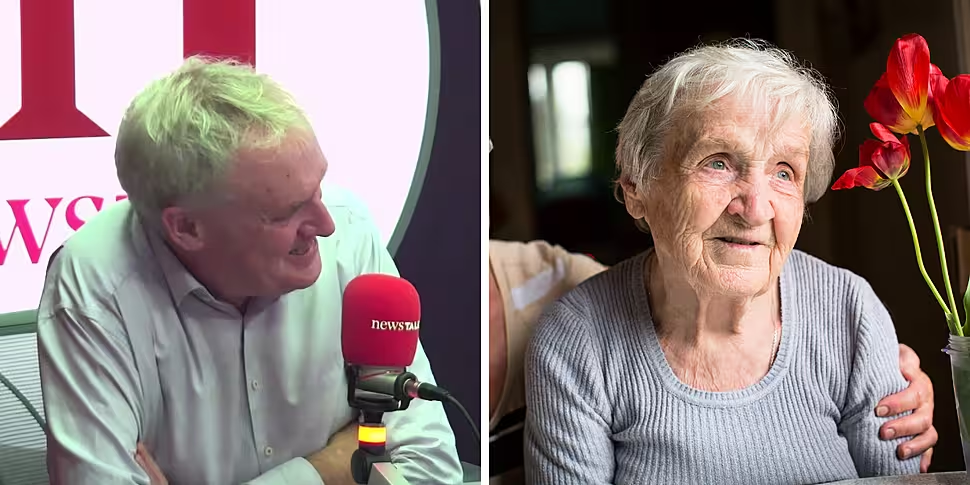It’s not an exact science yet, but early research has offered some clues for how people can slow down ageing.
On August 19th, Maria Branyas Morera died at the age of 117 – the oldest verified woman in the world.
Just a few days before, Ireland’s suspected oldest woman Phyllis Furness died in Galway at the age of 109.
These women and others are celebrated for their long lives – but is there a way to live as long as them?
Professor Luke O’Neill explained many of the world’s richest people are investing in companies that research ageing, including Jeff Bezos and Mark Zuckerberg.
“The goal of all this research isn't necessarily to allow us to live to be 200,” he told Show Me the Science.
“The goal is more to allow us to reach that age healthily – because as you get older, of course, all these diseases get much more common.”
Google founders Sergey Brin and Larry Page, for example, have both invested “millions” in Calico, a California-based company trying to understand and alter the aging process.
Prof O’Neill visited the Calico labs in 2019 – where he saw their “naked mole rat colony” used to study ageing.
“Naked mole rats live to a really old age, and the big question is why,” he said.
“They also resist cancer, and that could be a reason to understand what's going on with them.”
Understanding ageing
Companies can also learn from the likes of Maria and Phyllis, investigating whether their lifestyles had any impact on their age.
“Phyllis is interesting because she was very plugged into her local community, volunteered from anything in a local church, very active socially,” he said.
“There's the first clue - if you're active socially, very, very important, it'll stave off the ageing process.
“A real message for older people is, please try and stay connected to your community or to people.
“We feed off each other – not like vampires – and we get an awful lot out of social activity.”
Other ways to slow down ageing include avoiding processed foods – listen back here to learn why food could be the key to living longer:
Listen back here:









